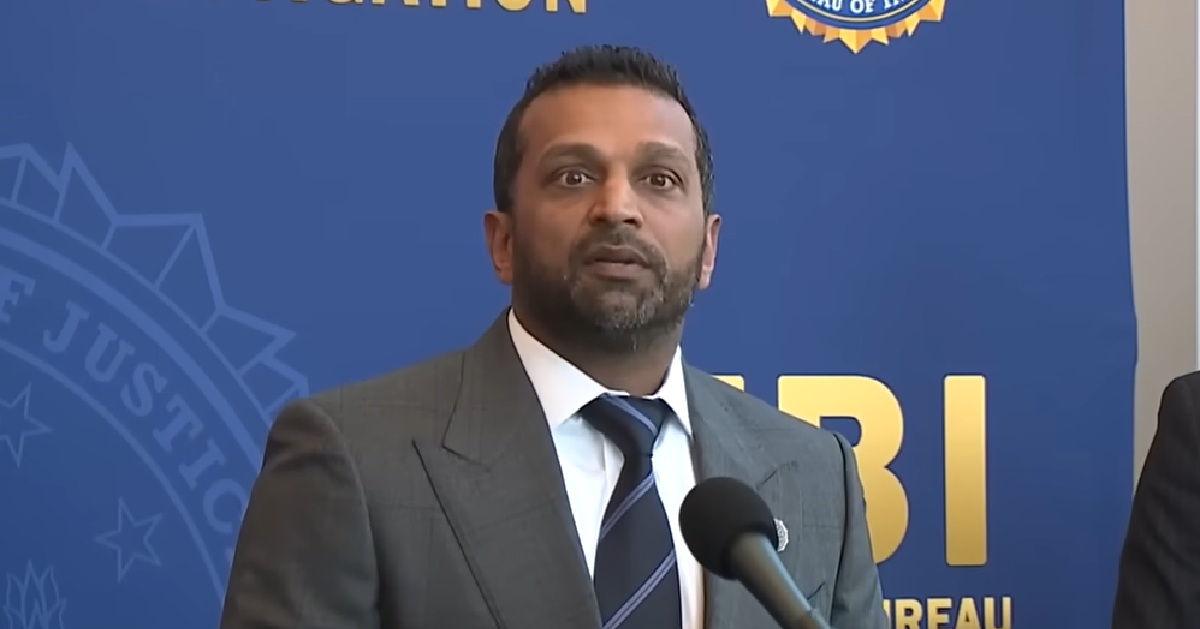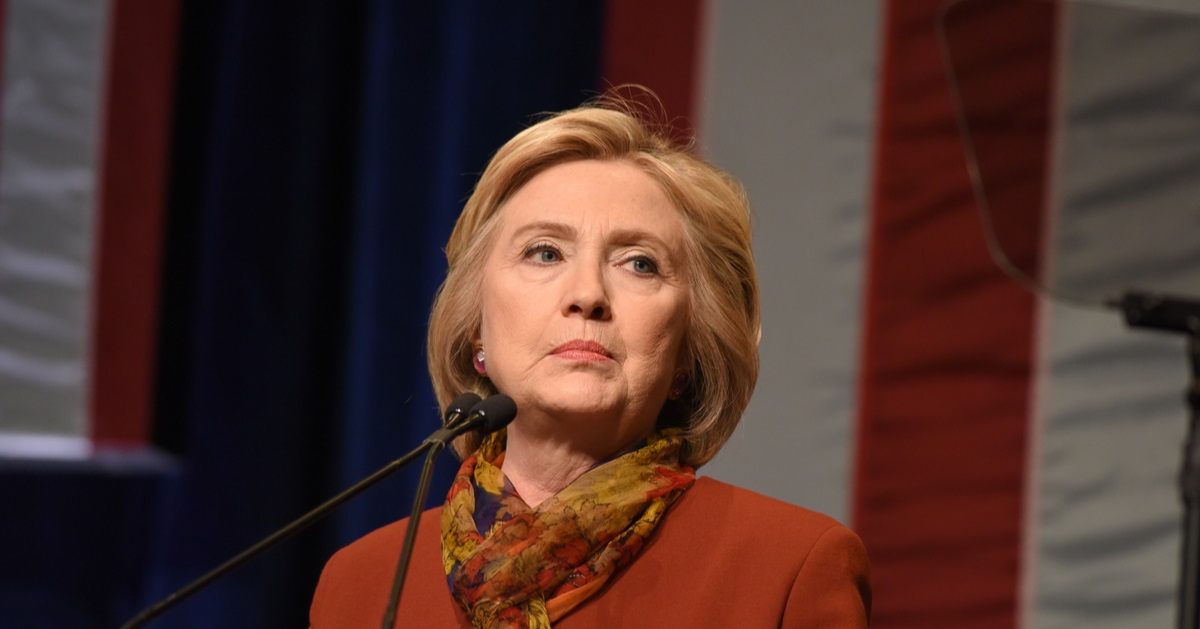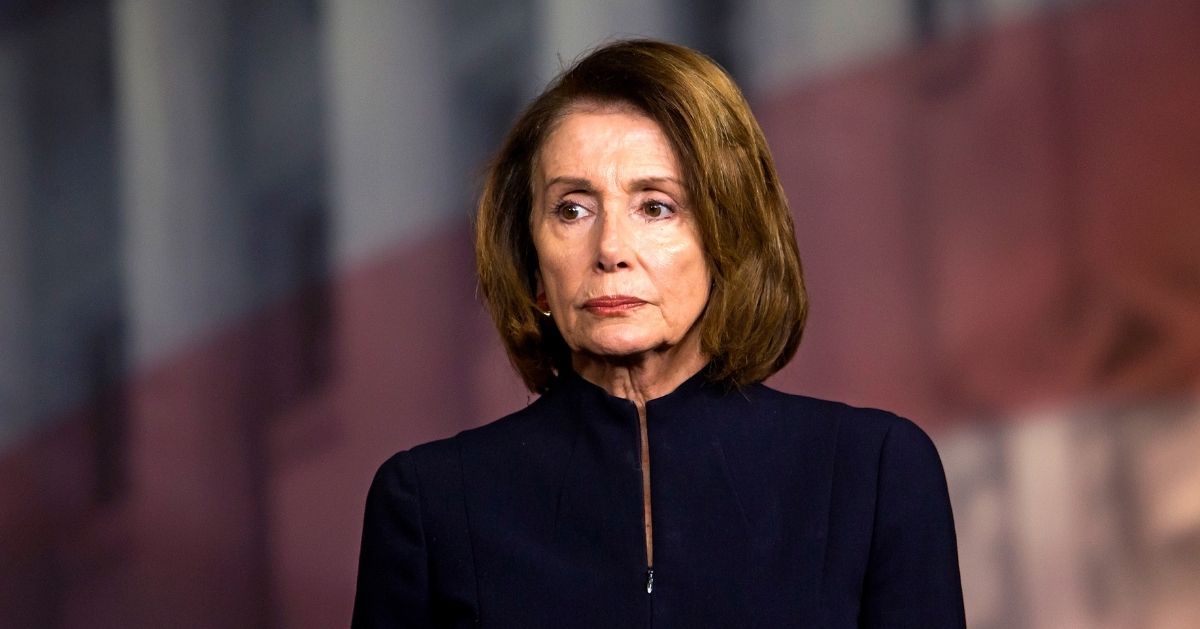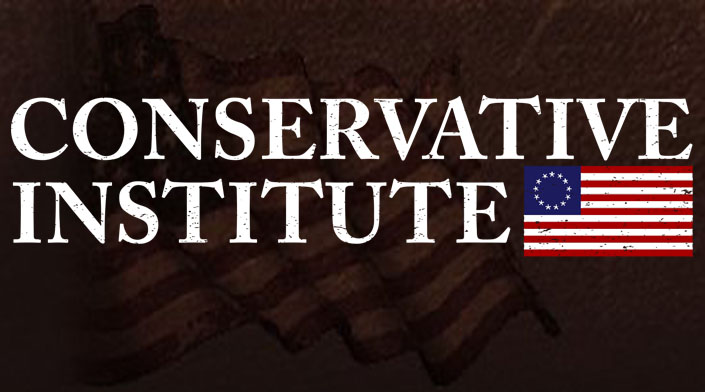Supreme Court grants extra time for Trump tariff arguments
The Supreme Court has agreed to give extra time to both sides in President Trump's blockbuster tariff case, a legal battle that is so important to Trump personally that he has promised to make an appearance to watch the arguments unfold.
Typically, the justices dedicate 30 minutes apiece, but the usual hour has been extended to 80 minutes, the Center Square reported.
Supreme Court grants request
Solicitor General John D. Sauer, arguing for Trump, will have 40 minutes on November 5, while the other 40 minutes will be split evenly between Democratic states and a group of private businesses challenging the tariffs.
A request from members of the Blackfeet Nation to appear before the court for 15 minutes was denied.
The Supreme Court agreed to hear the case on an expedited basis, highlighting the magnitude of the case, which implicates the centerpiece of Trump's economic agenda: his sweeping re-ordering of global trade.
Trump is using a law called the International Emergency Economic Powers Act (IEEPA) to enact the highest global tariffs in a century. Critics of Trump insist that he is usurping taxing power from Congress, but the White House has cast America's massive trade imbalance as a national security threat that warrants sweeping and unilateral action by the president.
Economic "emergency"?
While Trump's free market critics insist that there is nothing inherently bad about trade deficits, Trump has long argued that decades of so-called free trade have devastated the nation's manufacturing base.
He warns that unless his tariff powers are upheld, the U.S. will have to return billions in new revenues that could be used to pay down the national debt.
In August, a divided appeals court ruled that Trump had overextended his authority, while allowing the tariffs to remain in effect for now.
"We discern no clear congressional authorization by IEEPA for tariffs of the magnitude of the Reciprocal Tariffs and Trafficking Tariffs. Reading the phrase 'regulate ... importation' to include imposing these tariffs is 'a wafer-thin reed on which to rest such sweeping power,'" the court wrote.
High stakes
The Supreme Court's conservative majority has been broadly sympathetic to Trump's sweeping assertions of executive power, and the justices are generally reluctant to step on the president's foreign policy authority.
The administration argues the appeals court's ruling does precisely that by limiting Trump's use of tariffs as diplomatic leverage to pursue peace, secure America's borders from fentanyl, and negotiate better trade deals for the United States.
"The President and his Cabinet officials have determined that the tariffs are promoting peace and unprecedented economic prosperity, and that the denial of tariff authority would expose our nation to trade retaliation without effective defenses and thrust America back to the brink of economic catastrophe," Sauer wrote in his brief.
Based on the steps they have already taken to speed up this case and enlarge the amount of time for argumentation, the Supreme Court clearly agrees with Sauer's statement that "the stakes in this case could not be higher."





